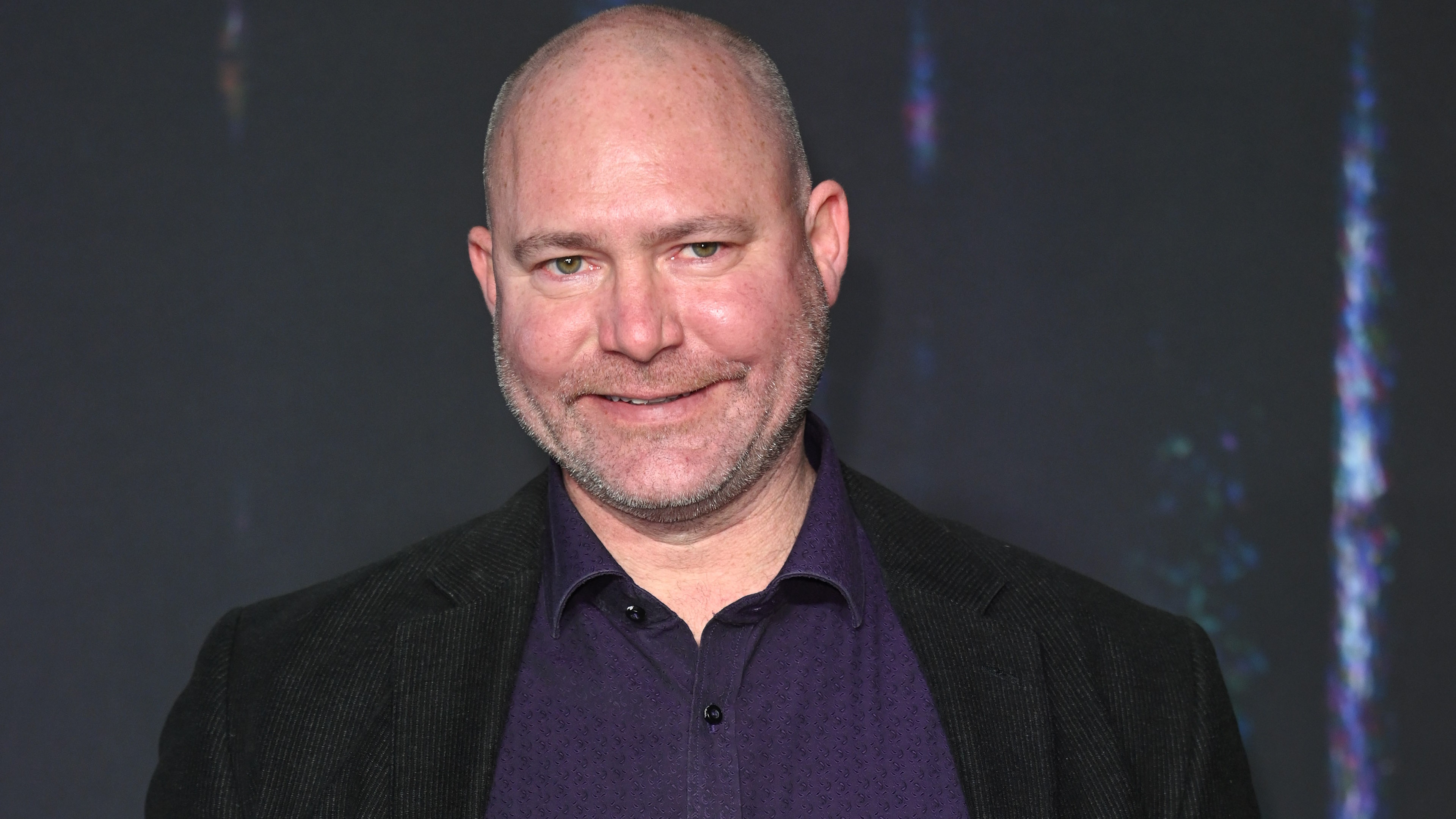Witcher actor Doug Cockle says the use of AI voices in games is 'inevitable' but potentially dangerous: 'AI is not the problem. It's the people using AI'
The man who gave life to Geralt of Rivia says actors need to take control of their voices while they still can.

In a new interview with IGN, voice actor Doug Cockle, famed as the voice behind The Witcher trilogy hero Geralt of Rivia, says it's "inevitable" that AI will be increasingly used in the process of game development, and that's not necessarily a bad thing—but it is potentially "dangerous" if voice actors don't take steps to control how their voice is used.
"AI is inevitable and developers will use AI," Cockle said. "We are not 100% sure exactly what that means.
"They're already doing it in various ways, filling in background, NPC voices, and things like that, which is unfortunate because those voices were all human beings at one point, and the voices are all modelled on human beings. So they have taken someone's voice, put it into their database, digitized it, and are using it to say things that the individual never said. There's something unethical about that and so there's a lot of debate going on."
The rise of AI opens the door to all sorts of interesting possibilities for developers who otherwise wouldn't be able to afford voice acting in their games. Earlier this year, for instance, we learned about modders using the ElevenAI tool to add new voices to Bethesda's 20-year-old RPG Morrowind. But it also enables all sorts of abuses, like the creation of content that voice actors don't approve of, or the ability to bypass them altogether. But while so much about the use of AI remains unregulated and uncertain, there's no putting the genie back in the bottle.
Cockle said an AI company asked him about using his Geralt voice a few years ago and he refused, not because he's against AI on principle but simply because "people are ripping our voices off." Even in cases where people aren't doing anything sketchy with it, like the aforementioned Morrowind mod, Ai-generated content deprives him and other voice actors of income and control of their work. It's becoming an increasingly pronounced problem for "main character" voice actors like Cockle: Even just a few years ago, voice actors tended to be anonymous, but these days it's not unusual to know the names and faces of people behind notable roles, even when they're not mainstream celebrities.
The biggest issue for Cockle, though, is the potential for abuse, such as if someone were to use Geralt's voice to create racist messages or spread misinformation. "That's where the AI gets dangerous," Cockle said. "Fake news, false news, false opinions. We're seeing it with politicians now. People are putting things out there. So AI is not the problem. It's the people using AI."
Actor Cissy Jones recently co-founded a voice AI company called Morpheme, and Cockle—who said he's spoken with her about it—thinks it could be an effective way forward. Modders are "great," he said, "but there's a line there somewhere, and where exactly that line is what the AI debate is really, really starting to tease out of the industry."
Keep up to date with the most important stories and the best deals, as picked by the PC Gamer team.

Andy has been gaming on PCs from the very beginning, starting as a youngster with text adventures and primitive action games on a cassette-based TRS80. From there he graduated to the glory days of Sierra Online adventures and Microprose sims, ran a local BBS, learned how to build PCs, and developed a longstanding love of RPGs, immersive sims, and shooters. He began writing videogame news in 2007 for The Escapist and somehow managed to avoid getting fired until 2014, when he joined the storied ranks of PC Gamer. He covers all aspects of the industry, from new game announcements and patch notes to legal disputes, Twitch beefs, esports, and Henry Cavill. Lots of Henry Cavill.

